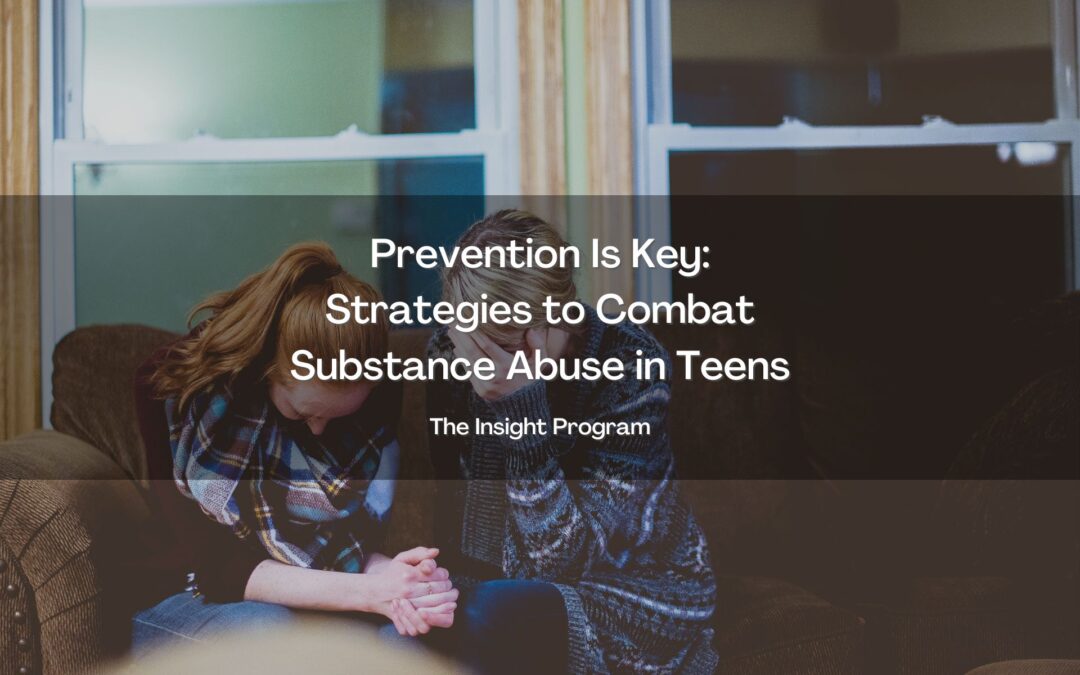Adolescence is a pivotal stage in a person’s life, marked by the exploration of identity and a natural push for independence. As parents, navigating this journey with your teenager can be akin to walking a tightrope, especially when it comes to the critical issue of substance abuse. The teen brain, still in the process of maturing, is more inclined towards seeking rewards and taking risks, making it vulnerable to the impact of drugs. It’s crucial for parents to be proactive in fostering open communication and guiding their teens toward healthy choices.
Understanding the reasons behind teen drug use is the first step in prevention. Various factors contribute to this behavior, including family history of substance abuse, mental health conditions, impulsive behavior, exposure to traumatic events, and the desire to fit in with peers. Teens may experiment with substances like alcohol or nicotine, often considering them safer due to their legal status for adults. The influence of friends, especially older ones, and the need for confidence in social situations can also drive teens towards drug use.
The consequences of teen drug abuse are multifaceted and can have lasting effects on various aspects of their lives. These include the risk of drug dependence, impaired judgment, engagement in high-risk sexual activities, the onset of mental health disorders, impaired driving, and a decline in school performance. The health risks associated with commonly used drugs further underscore the importance of prevention efforts.
Communication plays a pivotal role in preventing teen drug abuse. Engage your teen in open discussions about their views on drugs, emphasizing the consequences of use rather than resorting to scare tactics. Address the influence of media messages that may glamorize drug use and work together to develop strategies to resist peer pressure. Additionally, consider sharing your own experiences with drugs, if applicable, focusing on the lessons learned.
Implementing preventive strategies goes beyond communication. Stay informed about your teen’s activities, establish clear rules and consequences, know their friends, and keep track of prescription drugs at home. Providing ongoing support, setting a positive example through responsible behavior, and recognizing warning signs of drug abuse are integral components of a comprehensive prevention plan.
If you suspect your teen is experimenting with drugs, approach the situation with a well-thought-out plan. Initiate a calm and honest conversation, focusing on the behavior rather than labeling your teen. Regular check-ins, spending quality time together, and seeking professional help if needed are crucial steps in addressing and preventing teen drug abuse.
Preventing substance abuse in teens requires a combination of open communication, understanding the underlying factors, and implementing proactive strategies. As parents, your involvement and guidance play a vital role in helping your teen make informed and healthy choices, paving the way for a brighter future.

